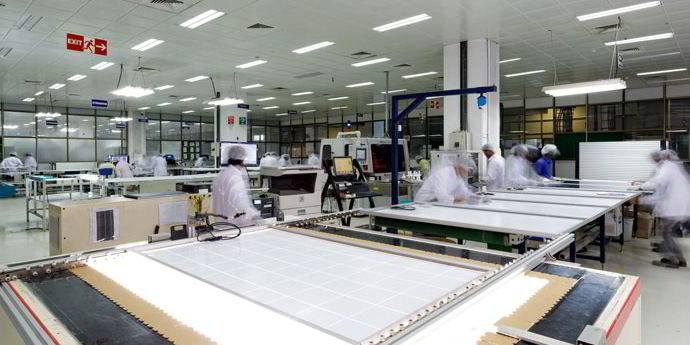This spring, under former Prime Minister Manmohan Singh, the Ministry of Commerce argued that duties should be imposed on foreign suppliers to protect the interests of domestic PV manufacturers.
The Ministry of Finance needed to ratify that recommendation and publish a notification to implement it within 90 days. However, that deadline passed without comment on 22 August.
"By not saying anything, that means the recommendation has lapsed and is no longer valid. So it's like a rejection," Jasmeet Khurana, New Delhi-based head of market intelligence at consulting firm Bridge to India, told Recharge.
Piyush Goyal — who heads the Ministry of Coal, the Ministry of Power and the Ministry of New and Renewable Energy (MNRE) — has staunchly opposed efforts to impose anti-dumping duties on foreign PV cells and modules.
"(Goyal) convinced the finance minister that it's better for the solar sector and the power sector in India if duties are not enforced. So in the larger public interest, it was decided that it's better to not have duties," Khurana said.
The Indian government wants to annually install at least 5GW of solar capacity, which is roughly five times more than last year's total installations.
"The primary reason was that the government's target and its aims to achieve installation are larger than what domestic manufacturers are currently capable of," Khurana said. "So they put demand for power ahead of domestic manufacturing, in that sense."
The Indian government did attempt to meet local manufacturers half way, by pledging that state-owned power groups would be made to buy domestic equipment for solar projects they will be required to build.
A local spokesperson for US module supplier First Solar — which already claims a significant share of the Indian PV market — welcomed the finance ministry's decision to allow the duty recommendation to lapse.
"It demonstrates the government’s intent to mainstream solar energy in India, which is positive news for India’s electricity consumers and other stakeholders," the spokesperson told Recharge.

